Thank you dear subscribers, we are overwhelmed with your response.
Your Turn is a unique section from ThePrint featuring points of view from its subscribers. If you are a subscriber, have a point of view, please send it to us. If not, do subscribe here: https://theprint.in/
Caught in the vortex of a laggard democracy.
“For every action there is an equal and opposite reaction” – Newtons third law of motion.
It may seem that Isaac Newton’s laws of motion are not relevant only to the world of Physics. They are equally valid elsewhere too, especially in vibrant democracies and more so in Indian political environment. For every step and a half taken towards progress there are always opposing forces to push it down by at least a step. We must note that “the only permanence in this world is change”.
In a democracy, it takes a lot of courage for the Government of the day to bring in progressive reforms, which apparently do not yield visible immediate results, for fear of losing votes and thus power. Nations cannot make progress when policies are tuned to please an electorate or some sections of the society instantly. Take for instance the never growing up white elephant of reservations, a child of discrimination. Increased empowering and progressive reduction in reservations, a more viable approach to inclusion and societal advancement, are never on the table for consideration.
This creates a doubt, whether India can ever progress economically and socially at the required speed to catch up with the developed world, in an environment of political play as currently practiced in the largest and most diverse democracy. Where Governments are put into power by a system of secret ballot, it is but natural that the primary aim of political parties will be to create a loyal and dedicated voter base. The aspect is more pronounced in large democracies as is evident with a bipolar political dispensation in USA – Democrats and Republicans. India is different where the division of voter base is multipolar, because of the much touted diversity in the Nation which, ironically, is projected as a strength. The voter bases in India are dispersed by caste, religion, language, sects and parochialism. This is most definitely a regressive phenomenon that impedes progress.
As a direct consequence, whenever any government introduces new policies, what we see from the opposition is only reactions and no responses. As reactions we see protests and riots, mostly sponsored by elements with vested interests, and very little or no measured response. This has been the case since a few decades. It just can’t be that Governments do not think through the effects before forming policies. Polices can’t be formed considering reactions of vested interests and sections of societies. We the people have to realise this and not let us be used as pawns in a power game.
As an illustration for making my point, let us examine the recent burning (pun intended) current topic of “Agnipath”
For instance, the only tweaking done to the original scheme of “Tour of Duty” is increasing the upper age limit from 21 to 23years, to accommodate those who missed the recruitment opportunities during the two-year period due to the pandemic. But it has been made out by various opposition parties and some sections of the media that the policy is being tweaked as a result of the unfortunate and misguided agitation. Announcements of accommodation of
retired” agniveers” by various ministries, corporates and states were and are only follow up actions and not a part of the scheme and there is a period of four plus years before the first Agniveer will “retire” before these “promises” can come into fruition.
Is it possible to see this scheme of agnipath as a good deal for the youth? Indications are positive. With the agniveers “retiring’ at 21 to 24 years young, with about Rs 10-15 Lakhs at the least (total emoluments minus possible expenses), exposure to different geographies and demographics, inculcated self discipline, on the job skill sets, a 12th pass, award of a degree and possible avenues for further employment in the Military (25%), para military, state cadres and corporate is not bad for youth who otherwise may have been struggling or even languishing, to pursue further studies or (re)start a career. While in service he/she gets whatever the regular soldier gets. What is displayed on the streets recently is another misguided reaction by the youth.
Oh yes, for such a scheme to succeed and not adversely affect the fighting capabilities of the Armed Forces, there will be much more to be done by the military, in the areas of people development, physical training, technical training, induction, on job training in the initial days, allocation of duties in the units et al. That will not, definitely, be an easy task for various military commanders (including the langar commander, who may have to, at times, resort to ordering meals with food aggregators!!!). Definitely, like any new policies, implementation is key. Are there any valid reasons for any of us to doubt our armed forces in this regard, notwithstanding the indignant and blaring ventilation by many veterans? In this fast developing world, an army can’t be static and frozen in an era of veterans. Past is not the present nor will it be the future.
Also read: Days of soft power are over. Defence is the new diplomacy tool for India around the world
These pieces are being published as they have been received – they have not been edited/fact-checked by ThePrint.

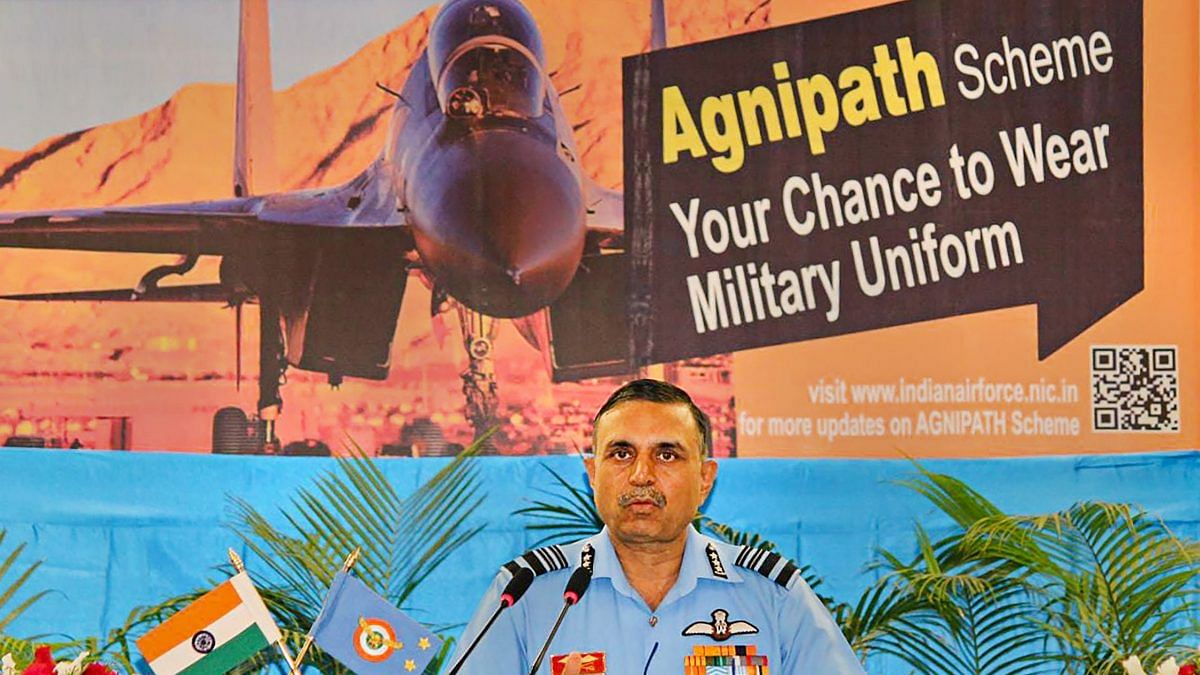
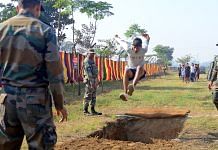
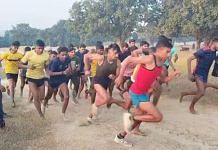
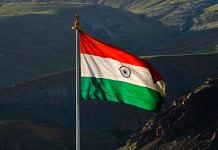

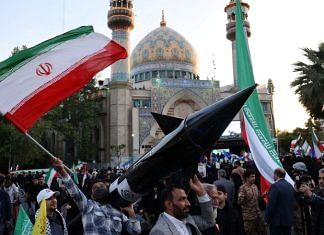


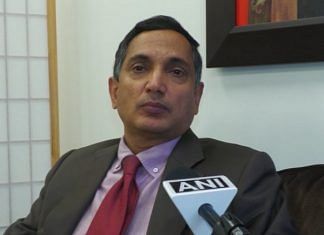
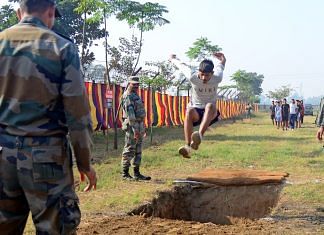
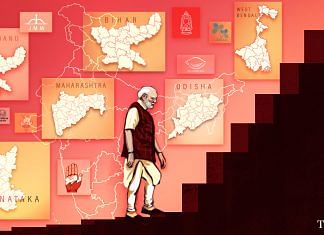
COMMENTS